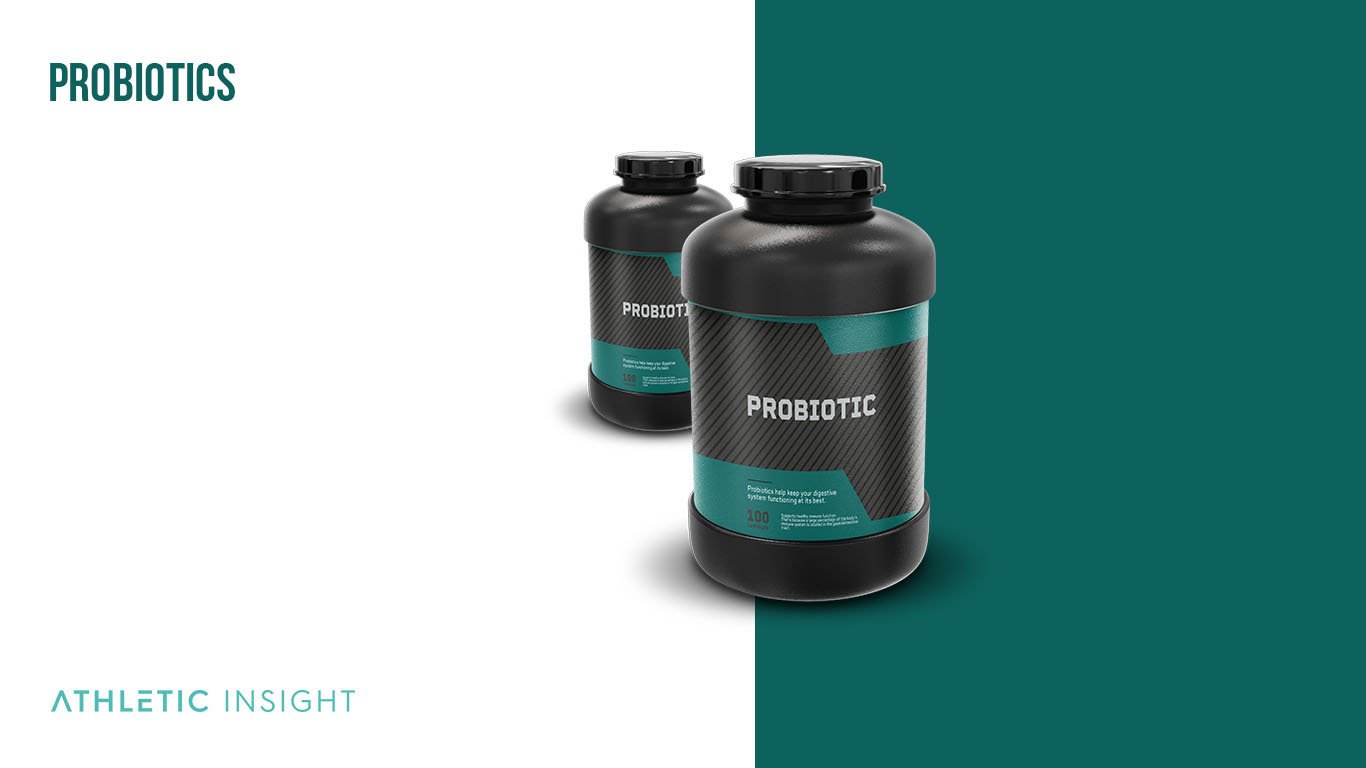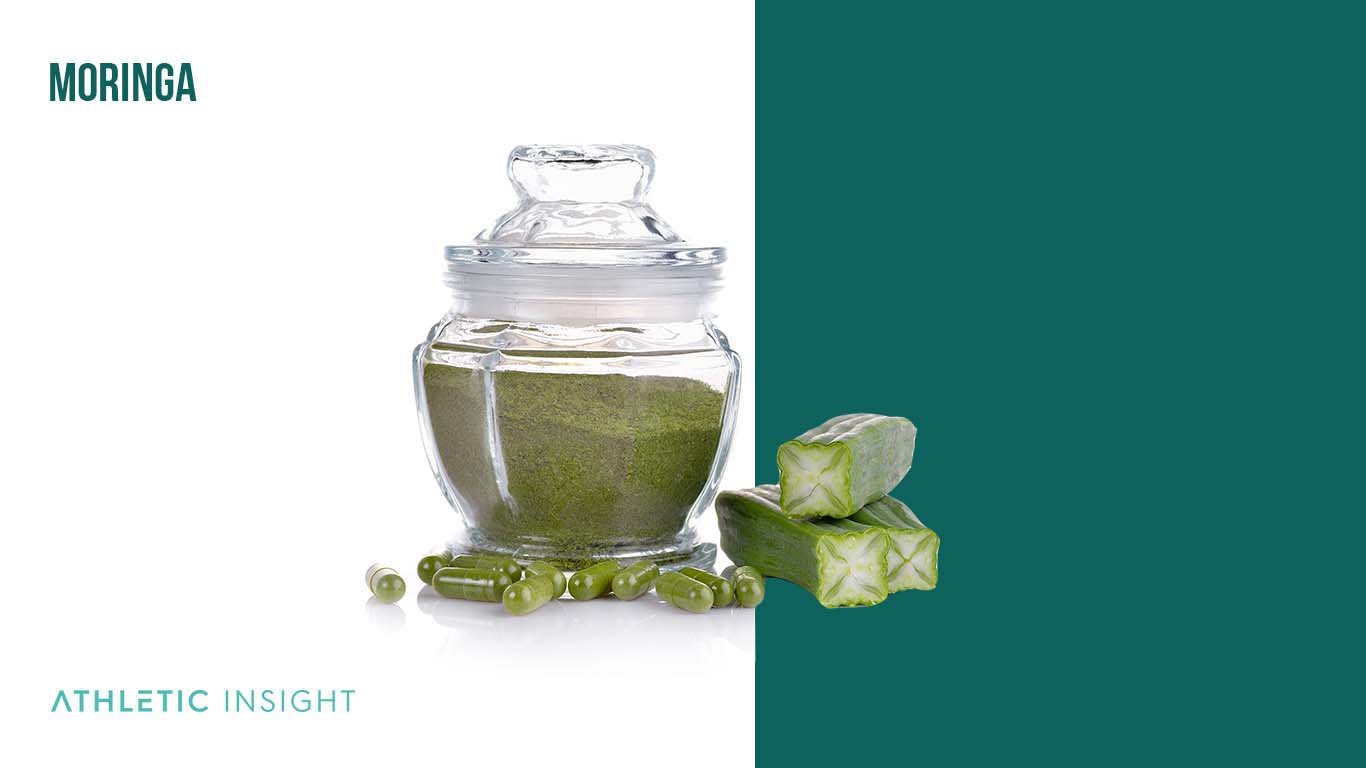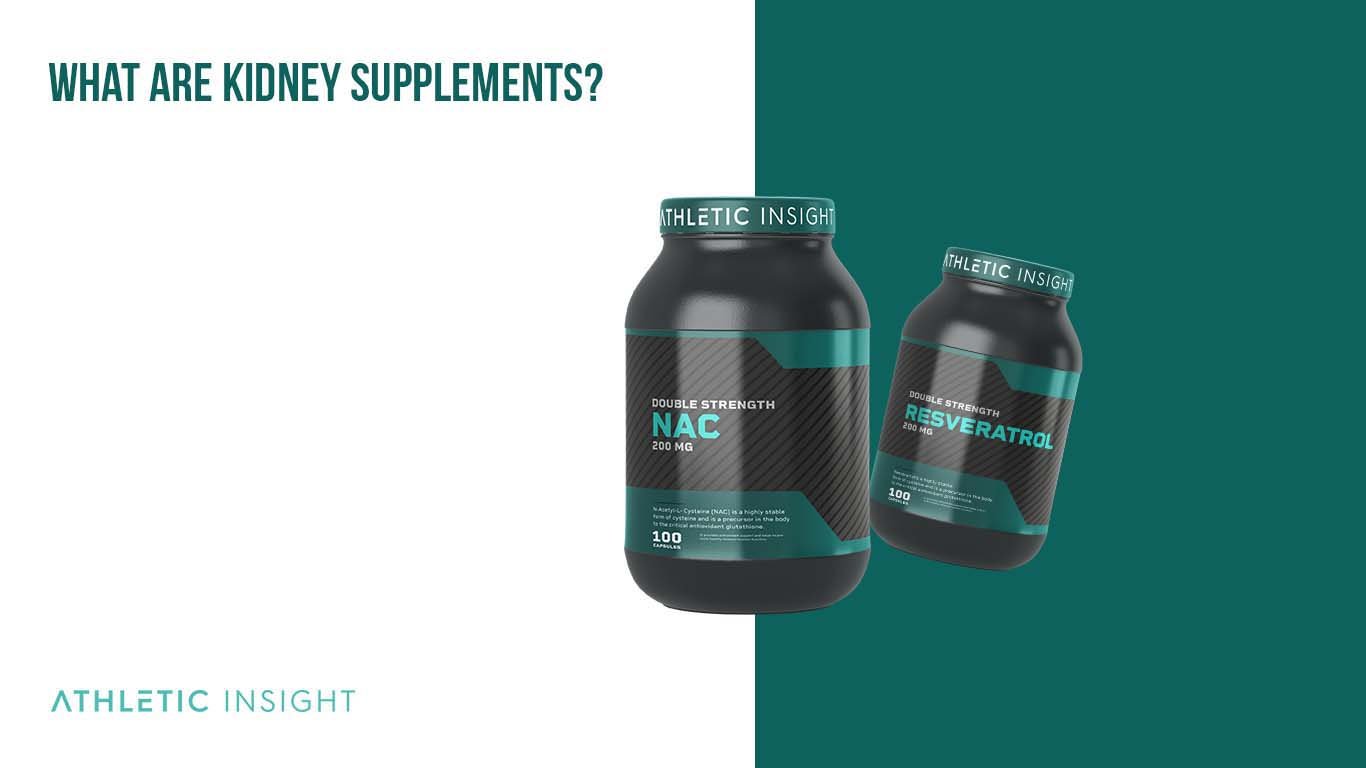The journey to optimal kidney health can involve an array of strategies, among which dietary supplements play a crucial role. This comprehensive guide offers insights into the top kidney supplements available, their distinct features, effects, benefits, potential side effects, and usage recommendations.
The evaluation of each supplement is based on rigorous criteria including effectiveness, safety, cost, and user reviews. The criteria for classifying a supplement as best for kidney health are multifaceted.
First, the supplement should contain ingredients that have been scientifically proven to support kidney function. Second, these supplements should have a high bioavailability, meaning that the body can easily absorb and utilize the ingredients. Lastly, these products should have minimal side effects, be cost-effective, and come from reputable manufacturers that follow stringent manufacturing practices.
To compare these supplements, consider their formulation, bioavailability, cost, brand reputation, and user reviews. Analyzing the scientific evidence backing each supplement’s efficacy is also crucial.
1. Probiotics
Probiotics, otherwise known as ‘beneficial bacteria’, have increasingly gained popularity for their health-promoting effects. Probiotics can aid in promoting kidney health by influencing gut microbiota, thereby assisting in the reduction of uremic toxins.

The benefits extend to improved digestion, strengthened immunity, and potential amelioration of chronic kidney disease symptoms. Nevertheless, potential side effects may include bloating and digestive discomfort. Usage typically involves oral intake of capsules or through enriched foods.
Well-regarded brands include Seed, Thorne, Garden of Life, Renew Life, and Culturelle. For the best probiotic supplement, Seed is the best overall rated product.
While generally safe, it’s advisable to seek professional medical advice before commencing a probiotics regimen. Cost varies depending on the brand and specific formulation.
2. N-Acetylcysteine (NAC)
N-Acetylcysteine (NAC), a derivative of the amino acid cysteine, has demonstrated potential benefits in protecting kidney health. NAC’s antioxidative properties may assist in combating oxidative stress, a common factor in kidney disease. Furthermore, NAC supplements support detoxification processes in the body.
Possible side effects are generally mild but may include gastrointestinal discomfort. Brands such as Thorne, NOW Foods, Swanson, and Life Extension provide high-quality NAC supplements. It is crucial to adhere to the recommended dosage and consult a healthcare professional before use. Pricing tends to be affordable, yet varies depending on the brand and dosage.
3. Alpha Lipoic Acid
Alpha Lipoic Acid (ALA), a naturally occurring compound, is renowned for its antioxidant properties. Studies suggest that ALA may help reduce inflammation and oxidative stress in the kidneys, supporting overall renal health. However, potential side effects include skin rash and minor gastrointestinal issues.
The recommended usage is generally oral intake, with brands like Thorne, Doctor’s Best, Nature’s Bounty, and Solgar being well-regarded in the industry. Prior to initiating an ALA regimen, consultation with a healthcare provider is recommended to ascertain suitability. Costs can fluctuate based on the product’s concentration and brand reputation.
4. Moringa
Moringa Oleifera, an antioxidant-rich plant, has been traditionally used in various cultures for its health benefits. Moringa supplements may support kidney function by reducing oxidative stress and inflammation. Potential side effects are minimal but may include mild digestive issues.

Brands such as Thorne, Kuli Kuli, Sunfood Superfoods, and Organic Veda offer high-quality Moringa supplements. The cost of Moringa supplements varies, reflecting the form of the supplement and brand quality.
5. Resveratrol
Resveratrol, a naturally occurring compound found in grapes and berries, is celebrated for its potent antioxidant effects. Its potential benefits for kidney health include mitigating oxidative stress and inflammation, thereby potentially slowing the progression of kidney disease.
Side effects are rare, but can include gastrointestinal upset at high doses. Usage typically involves oral intake. Brands such as NOW Foods, Garden of Life, and Purely Beneficial offer quality Resveratrol supplements.
As with all supplements, individuals should seek medical advice prior to use. The cost of Resveratrol supplements varies depending on the brand and dosage.
6. Andrographis
Andrographis, often dubbed ‘King of Bitters’, is a plant traditionally used in Ayurvedic and Chinese medicine. It exhibits potential kidney-protective properties due to its anti-inflammatory and antioxidative effects.
Side effects are infrequent but may include gastric discomfort. Andrographis supplements can be taken orally, with well-reputed brands including Himalaya, Planetary Herbals, and Nature’s Way.
As with all supplements, a healthcare provider should be consulted before commencing usage. The price of Andrographis supplements can fluctuate based on the brand and formulation.
What are Kidney Supplements?
Kidney supplements refer to dietary additions, often composed of herbs, minerals, or other organic compounds, that support the functioning and health of the kidneys. These supplements serve to augment kidney function by reducing oxidative stress, combating inflammation, and assisting in the detoxification process.

What are Kidney Supplements Used For?
Kidney supplements are primarily utilized for their potential to support kidney health and function. By leveraging their antioxidative, anti-inflammatory, or detoxification properties, these supplements may assist in the prevention of kidney damage, delay the progression of existing kidney diseases, and enhance overall renal function.
How do Kidney Supplements Function?
Kidney supplements function in various ways, depending on their primary active ingredients. Generally, they function by reducing oxidative stress and inflammation, two major culprits in kidney damage, thereby preserving kidney cells. Some supplements also support the detoxification process, assisting the kidneys in effectively removing waste products from the body.
What Supplements are Particularly Damaging to the Kidneys?
While some supplements can be beneficial, others can potentially harm kidney health if not consumed appropriately. These include high doses of vitamin C, vitamin D, and certain herbal supplements like ephedra, licorice root, and horse tail. It’s crucial to remember that all supplements should be taken under medical supervision to minimize potential risks and side effects.
Do Supplements have an Impact on Kidney Function?
Yes, supplements can have an impact on kidney function. While some can enhance kidney health and function, others, particularly when consumed inappropriately or excessively, can potentially harm the kidneys.
Is it possible that taking supplements may harm your kidneys?
Yes, taking certain supplements, particularly in excess, can potentially harm the kidneys. Excessive intake of some vitamins, minerals, or herbs can lead to kidney damage. Consequently, it is paramount to take supplements in moderation and under professional guidance to ensure safety and efficacy.



